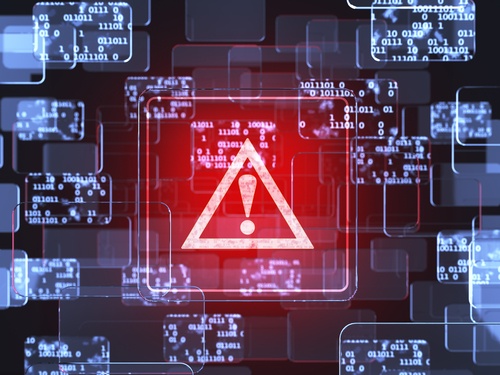HOW SECURE IS YOUR IP PHONE SYSTEM? IDENTIFY THE THREATS AND RISKS TO YOUR BUSINESS.

More often than not, business owners learn the hard way about the impacts of a phone hack when it’s too late. IP phone systems are susceptible to toll fraud, voicemail hacks and eavesdropping, and can be a point of entry into your entire business network if security is breached.
Potential risks you can face if a security breach transpires are:
- Unauthorized long-distance calling a common phone threat – One of the most common hacks to most IP phones is when your phone system is compromised and used for unauthorized long-distance calls. This type of system breach can go un-noticed right away, and is only discovered when you receive your monthly phone statement. The risk here is that some companies can hold the accountholder liable for any usage – fraud or not – costing your business thousands of dollars. Essentially, hackers can use an automated port scanner to comb the internet for commonly known ports that business phones typically use, and once it distinguishes an open one, the hacker can bombard the phone system with attempts to break through the internal network.
Read more about VoIP & IP Phone System Security and how to protect your business in our blog: 6 Ways to Enhance Your IP Phone System Security and Avoid A Breach
- Password integrity and frontline users should be reviewed – Another big threat to your business phone system is actually via your frontline users. like staff members. Not changing passwords frequently is one the biggest security mistakes that can cost your business time and money, and can make your system vulnerable to attack. Most of the time, hackers guess an easy password, or even worse, figure out a default password that hasn’t been changed. Once they have access, they can hijack the phone line and rack up your phone bill with international calls. When you consider that in today’s telecommunications world, voice is considered data and information, any breach can make private information public and affect your company’s brand, image and reputation in ways you can’t control.
But don’t fret! VoIP, when managed correctly and properly with security updates and by asking the right questions of your provider, can be more secure than your traditional phone system.
How can I protect myself from these security risks?
So what can you do to protect your business? Always use a firewall and be diligent about monitoring your call logs. VoIP phones typically have a tracking dashboard with data associated so if you analyze your call records regularly, you can identify any outliers and odd activity from your normal usage. Flags and alerts can also be set up in the phone system so you are notified of any suspicious activity. For additional measures, consider intrusion detection and implementing access lists to lock access for certain IP addresses.
Lastly, always have a protocol for dealing with a security breach even if you haven’t yet encountered one. Remember, if your security default at the outset begins with the tightest security configuration available, then you can gradually open things up when you better understand your security issues and proper defence tactics to implement.


